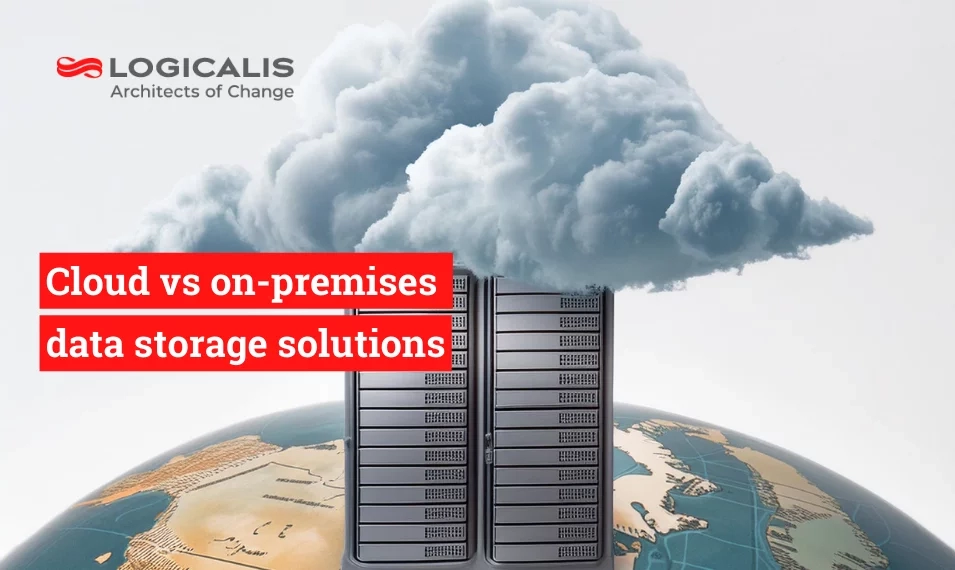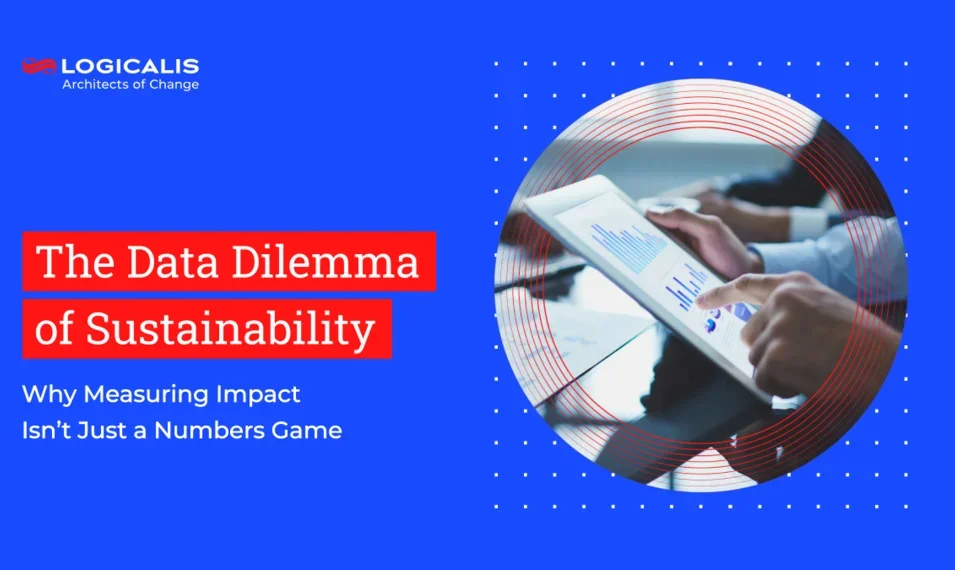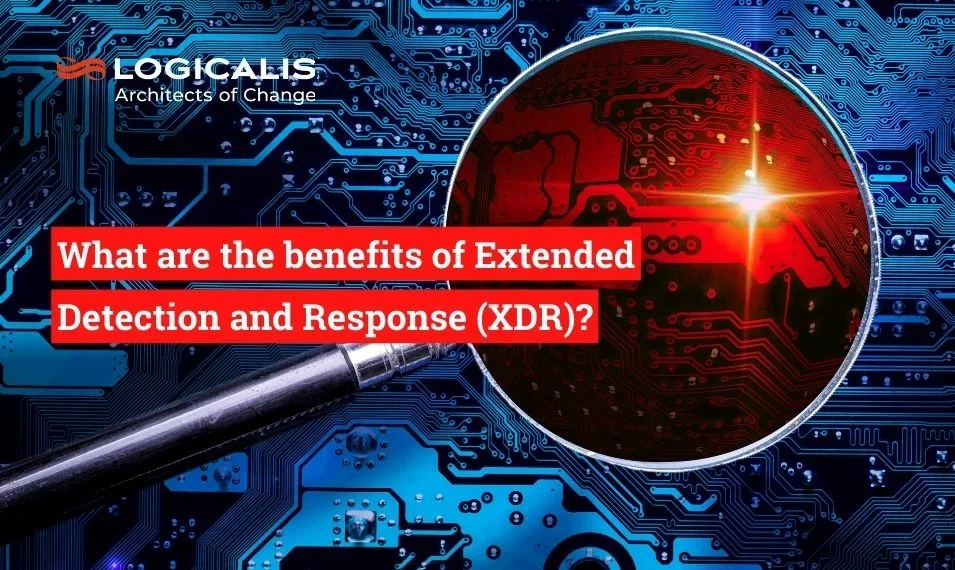
South Africa, Jun 25, 2024
Businesses of all sizes rely on data storage solutions to manage the ever-growing data volumes associated with modern business operations. Several options are available, including cloud, hybrid and traditional on-premises data storage.
Cloud storage involves the storage of files on external servers, which a 3rd party data storage provider often manages. On-premises storage is the traditional data centre approach where servers and all associated components are located on the business premises.
But which data storage and management strategy is proper for your organisation? To answer that question, CIOs and IT managers need to know what their budget is and what data strategy they intend to follow. Data management has a reputational cost implication and allows new revenue streams to be built.
There are distinct benefits and disadvantages associated with each data storage approach:
The benefits of cloud storage
Accessibility
Cloud data storage allows all business data to be stored online in a secure cloud. This means that the data is accessible from anywhere at any time. This is especially useful for businesses with many remote employees or geographically scattered branches.
Reduced capital expenses
Not investing in expensive data storage hardware and installation can save the business large sums of capital. Beyond the initial capital expense, the company also saves by not having to employ dedicated data specialists on-site.
Scalable
Cloud data storage is a scalable solution where you can add more capacity as you need it. You only pay for what you need.

Easy and reliable back-ups
Cloud storage solutions often include built-in backups and online archiving. This means it’s easy to recover files should a local device or system fail, as a backup will be saved in the cloud server.
Greater data security
Despite some hesitation in outsourcing business data to a cloud, cloud storage is considerably more secure than traditional on-premises data centres. According to Gartner, cloud services suffer 60% fewer security incidents than traditional on-premises data services.
Security costs are also reduced as a 3rd party cloud storage service usually has a team of cybersecurity experts on hand to monitor and address security issues.
Data governance and compliance
Using a cloud storage solution often reduces costs and risks associated with data storage regulations and compliance. Unlike on-premises data storage, the business does not need to invest in systems, employees and processes to address data compliance. The external provider manages all these concerns.
Data continuity
Cloud storage’s virtual nature allows it to keep data accessible and secure even if the physical environment of the businesses is impacted by external factors such as natural disasters, strikes or on-premises security breaches.
The disadvantages of cloud data storage
Scalability cost
Although the scalability of the cloud storage solution is a benefit, it can also become a liability if not properly monitored and managed. Continuously increasing data storage capacity without regard for your business data storage needs can rapidly escalate costs.
Online access and connectivity
Cloud storage relies on secure, reliable and fast internet connections. Any loss of connectivity or internet outages can mean that data becomes inaccessible.
Security concerns
Despite the security benefits of cloud storage solutions, security can also become a concern if the 3rd party cloud provider is unreliable. Cloud storage needs to have secure systems and safeguards to protect business data.

Annual vendor cost increases
Many cloud storage vendors increase their fees on an annual basis. It is essential to choose the right vendor based on the data storage objective and available budget.
Difficult to budget accurately
In some cases, businesses with data volumes and demand fluctuations can make it difficult to budget for data capacity in advance.
The benefits of on-premises data storage
Security against virtual threats
Despite mentioning cloud storage's security benefits, there remains an argument for offline, on-premises data storage. This type of solution can discourage hackers who typically prefer remote access instead of physically infiltrating a data centre.
Data is available offline
If the business is in an area with limited or no internet coverage, then an on-premises data centre still allows access to data. The internal network is always accessible.

Savings on internet and connectivity expenses
Without the need for a virtual data server, businesses don't need to invest in fast, high-capacity internet connections to access their data.
Maintain complete control
On-premises data centres are under the complete control and oversight of the business. This makes it easier to monitor operations and make adjustments specific to the business requirements.
The disadvantages of on-premises data storage
High capital expenses
Building an on-premises data centre relies on expensive storage and backup equipment. Additional considerations such as cooling, security, and the carbon footprint will also add to the cost.
Difficult to scale
Scaling on-premises data storage requires more space, expertise, and costs. Scaling the system also takes longer and is a more involved process.
Data continuity risks
Business data is lost forever if an unforeseen event, such as a natural disaster, destroys the data centre and backup equipment. System malfunctions, equipment theft and insufficient cooling may also result in permanent data loss.

High power requirements
Data servers, cooling hardware, and operations require a lot of power to keep running 24/7. This can be a financial and operational challenge in some countries with expensive electricity or unreliable grids.
So which data solution to choose?
We’ve listed many benefits and disadvantages of both approaches. The right solution depends on each organisation's unique context, strategy and resources.
Businesses should consult with all relevant data stakeholders to determine which approach reduces risk and maximises the business benefit. Data and how stakeholders interact with that data is the cornerstone of business value creation.
Need help deciding on a data storage approach?
Logicalis has helped many businesses worldwide, each with very different data strategies and requirements.
Let our Logicalis team help you modernise your data management systems.





















